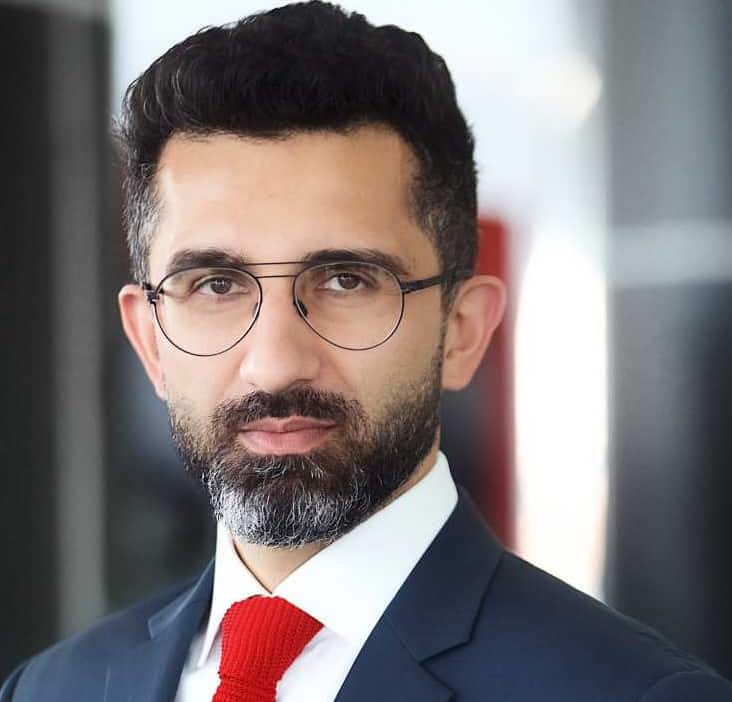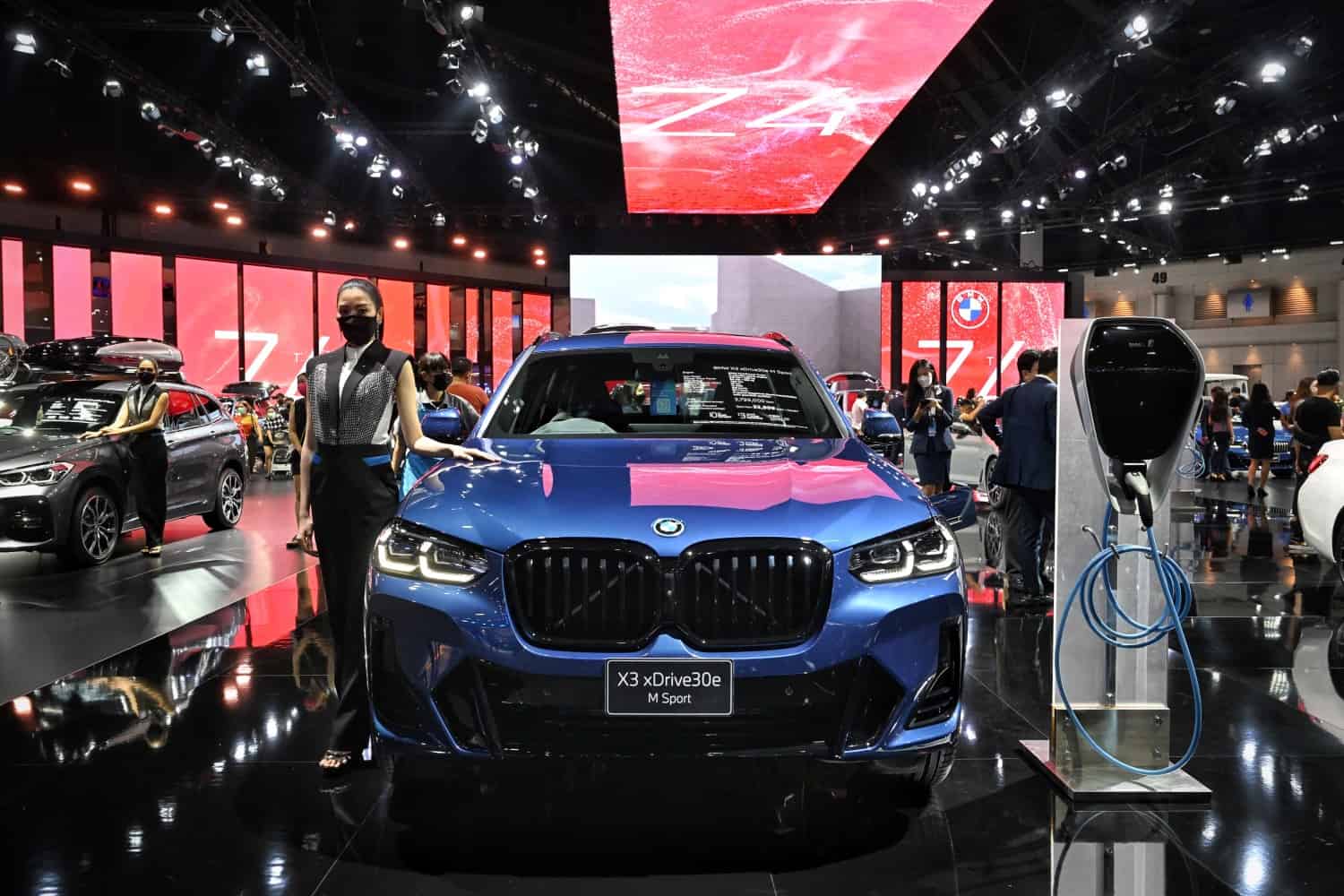High prices haven’t affected the demand for luxury products much in the region, including cars. As more international players are expanding their businesses in the GCC and focusing on sustainability, appetite for luxurious vehicles has increased in the region, a regional industry expert has highlighted.
The popularity of electric automobiles increased during the COVID-19 due to government, bank, and car dealer incentives. At the same time, the UAE imports of electric vehicles grew, despite specific supply chain disruptions in the auto industry throughout the pandemic era.
The Dubai Chamber of Commerce and Industry predicted an increase in sales in 2021, although no report was released about the GCC’s market performance last year yet.
It also predicted that global sales of electric vehicles would grow 46 percent in 2021, owing to the increasingly stringent standards for carbon dioxide emissions reduction, government support for sustainable purchases, the expansion of affordable electric vehicle options, and the growing consumer awareness about climate change.
Luxury demand
The automotive sector is undergoing tremendous upheaval. As a result, one of the crucial trends is to accelerate technological advancement and accelerate the transition to sustainable mobility.

“As for the GCC, a set of key trends need to be considered to address the current demand of the market correctly. But a constant trend remains the strong appetite for luxury,” Hamid Haqparwar, Managing Director of BMW Group Middle East, told TRENDS in an interview.
On the other hand, as many international automotive players are expanding their businesses in the region, BMW considers UAE, Saudi Arabia, and Kuwait the top 3 performing markets in the region.
Automotive future
There is a passion for individual mobility in the region. For this reason, “highly efficient conventional drive technology will still be needed to meet people’s mobility requirements, while also contributing to CO2 reduction in the transport sector”, said Haqparwar.
Consequently, the BMW Group will begin testing the second generation of the hydrogen fuel cell drive train in a limited number of BMW iX5 Hydrogen vehicles worldwide. The BMW iX5 Hydrogen’s drive system is unusual due to its high-performance fuel cell and optimized power battery.
Haqparwar added: “Assuming the hydrogen is produced using renewable energy and the necessary infrastructure is available, this technology will complement the BMW Group’s drive train portfolio, specifically meeting the needs of customers who lack access to their electric charging infrastructure, frequently drive long distances, and desire a high degree of flexibility.”
BMW recent updates
The world premiere of the all-new BMW 7 Series is just a week away.
“With the addition of the BMW i7, the BMW 7 Series will become the first fully electric luxury sedan in our line-up available with either an internal combustion engine or as a plug-in hybrid. In addition, the new BMW 7 Series will offer next-level drive train technology, with the new generation of petrol engines offering higher efficiency,” said Haqparwar.
This looks like a smooth transition to the future of mobility. At the same time, BMW is gradually electrifying its product range, driven by the dual forces of growing customer demand and regulatory requirements.
Haqparwar confirmed: “This also includes the regional expansion of ConnectedDrive across our markets – which seamlessly integrates mobile devices, smart home technology, and vehicle’s intelligent interfaces into a complete driver’s environment.”
Recent Struggles
For over a year, the global auto industry has been afflicted by a severe shortage of chips and other critical components, resulting in production cuts, delivery delays, and costs for new and used automobiles out of reach for millions of consumers.
Now, Russia’s conflict with Ukraine has brought to light another impediment. Electrical braiding, which is necessary for proper functioning, is scarce since it is made in Ukraine.
With buyer demand increasing, supplies becoming globally insufficient, and the conflict wreaking devastation, automobile costs are projected to trend much higher in the upcoming year.
Since the beginning of the coronavirus epidemic two years ago, supply chain issues have wreaked havoc on automakers, resulting in factory closures and vehicle shortages.
The robust recovery that followed the recession increased demand for automobiles primarily at the expense of supply, resulting in substantial increases in the prices of new and used cars that exceeded the rate of general inflation.
In the long run, excessive global inflation – for food, gasoline, rent, and other needs – will likely prevent a massive percentage of ordinary purchasers from purchasing a new or used car. Then demand declines, and with it, prices.

